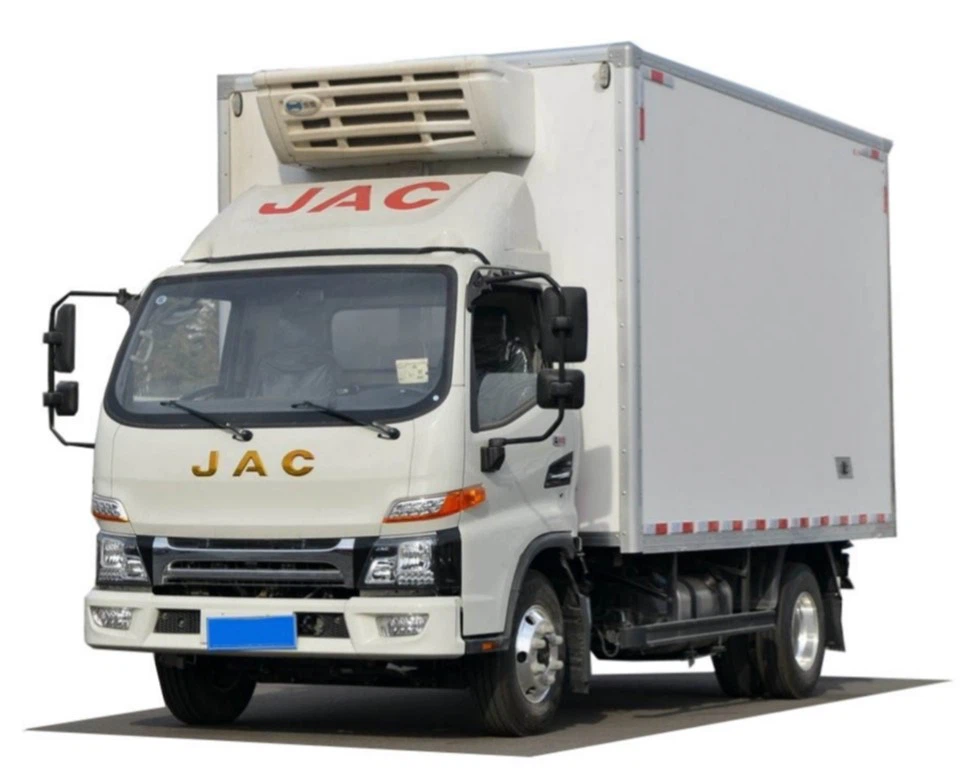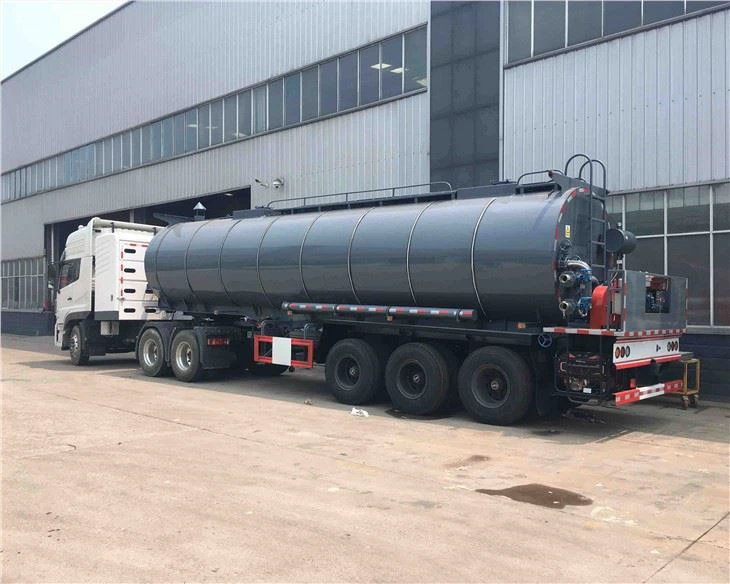Managing waste effectively is a critical component of any business or construction site. A 30 yard trash compactor provides an efficient solution for handling large volumes of waste, reducing the number of trips needed for disposal. This article explores the advantages, specifications, operating tips, and maintenance of a 30 yard trash compactor, ensuring you make an informed choice for your waste management needs.
Understanding the 30 Yard Trash Compactor
A 30 yard trash compactor is designed to handle hefty amounts of waste, making it ideal for construction sites, large businesses, and special events. With a capacity to compact significant volumes, it streamlines waste disposal, saves space, and reduces overall waste management costs.
What is a Trash Compactor?
A trash compactor is a machine designed to reduce the volume of waste material. It compresses waste into a smaller form, allowing for more efficient storage and disposal. The 30 yard model offers a larger capacity compared to other compactors, making it suitable for bulk waste management.
Benefits of Using a 30 Yard Trash Compactor
- Space-Saving: Compressing waste allows for more effective use of space, reducing the need for multiple bins.
- Cost-Effective: Fewer pickups can lead to lower disposal costs.
- Environmental Impact: Reducing the volume of waste lowers environmental disposal impacts.
- Improved Safety: A compacted load minimizes overflow and potential hazards.
Key Specifications of a 30 Yard Trash Compactor
| Specification | Description |
|---|---|
| Capacity | 30 cubic yards |
| Weight | Approx. 2,000-3,000 lbs (varies by model) |
| Dimensions | Typically 12′ L x 7′ W x 8′ H |
| Power Source | Electric or diesel options available |
| Output Rate | Varies; can compact to a ratio of 4:1 or higher |
Types of 30 Yard Trash Compactors
- Stationary Compactors: Designed for permanent installations, suitable for continuous use.
- Portable Compactors: Ideal for short-term projects and can be moved as needed.
- Self-Contained Compactors: Good for wet waste and often used in restaurants and food services.
How to Choose the Right 30 Yard Trash Compactor
Assess Your Waste Volume
Understanding your waste production is key to selecting the right size compactor. Businesses generating significant amounts of waste will greatly benefit from a 30 yard model.
Evaluate Your Waste Type
Different types of waste may require specific compactor types. For example, if your waste includes wet materials, a self-contained model is more efficient.

Consider Power Source
Evaluate whether you have access to sufficient power for electric models or prefer the flexibility of diesel versions.
Budget Constraints
Analyze your budget. While a 30 yard compactor may seem costly upfront, the long-term investment usually leads to savings.
Operational Tips for a 30 Yard Trash Compactor
Correct Loading Techniques

Proper loading maximizes compaction efficiency. Distribute waste evenly across the chamber and avoid overloading it beyond recommended limits.
Routine Operational Checks
Inspect the compactor regularly for wear and tear, ensuring all components are functioning correctly.
Training Staff
Provide necessary training to all staff operating the compactor, emphasizing safety protocols and efficient loading practices.

Safety Precautions
- Always wear protective gear when operating.
- Never place hands inside the compaction chamber during operation.
- Ensure the area around the compactor is clear of hazards.
Maintenance of a 30 Yard Trash Compactor
Regular Cleaning
Keep the compactor clean to prevent build-up, which can affect performance. Schedule routine cleaning sessions based on usage frequency.
Lubrication of Moving Parts
Lubricate all moving components regularly. This reduces friction, prolongs operability, and improves performance.
Inspection of Electrical Systems
For electric models, inspect wiring and connections regularly to prevent malfunction. Look for signs of wear and replace parts as necessary.
Cost Considerations for a 30 Yard Trash Compactor
The cost of a 30 yard trash compactor can vary widely depending on the brand, features, and whether it’s new or used. On average, expect to pay between $15,000 to $30,000.
Factors Affecting Cost
- Brand Reputation: Well-known brands tend to have a higher price due to reliability.
- Features: Advanced features may increase the initial cost.
- Condition: New equipment will be more expensive than refurbished models.
Real-Life Applications of 30 Yard Trash Compactors
Construction Sites
Construction sites generate substantial waste. Using a 30 yard trash compactor can significantly reduce the clutter and keep sites organized.
Commercial Complexes
Shopping malls and office parks benefit greatly from efficient waste management, leading to cleaner and more sustainable environments.
Special Events
Events such as festivals or concerts can produce large volumes of waste. Temporary 30 yard compactors provide a practical solution for effective waste management during these occasions.
Common FAQs about 30 Yard Trash Compactors
1. How much waste can a 30 yard trash compactor handle?
A 30 yard trash compactor can handle up to 30 cubic yards of waste, making it suitable for large operations.
2. Are 30 yard trash compactors portable?
Some models are designed to be portable, while others are stationary. Check with the manufacturer to identify the right type for your needs.
3. What maintenance does a 30 yard compactor require?
Regular cleaning, lubricating moving parts, and checking electrical systems are essential maintenance tasks.
4. Can a trash compactor reduce waste volume significantly?
Yes, a 30 yard trash compactor can reduce waste volume by up to 75%, depending on the waste type.
5. What safety measures should be in place?
Ensure all operators wear protective gear, and establish protocols to keep the area around the compactor clear of hazards.
6. Where can I buy or rent a 30 yard trash compactor?
You can purchase or rent a 30 yard trash compactor from equipment supply companies, rental centers, or directly from manufacturers.